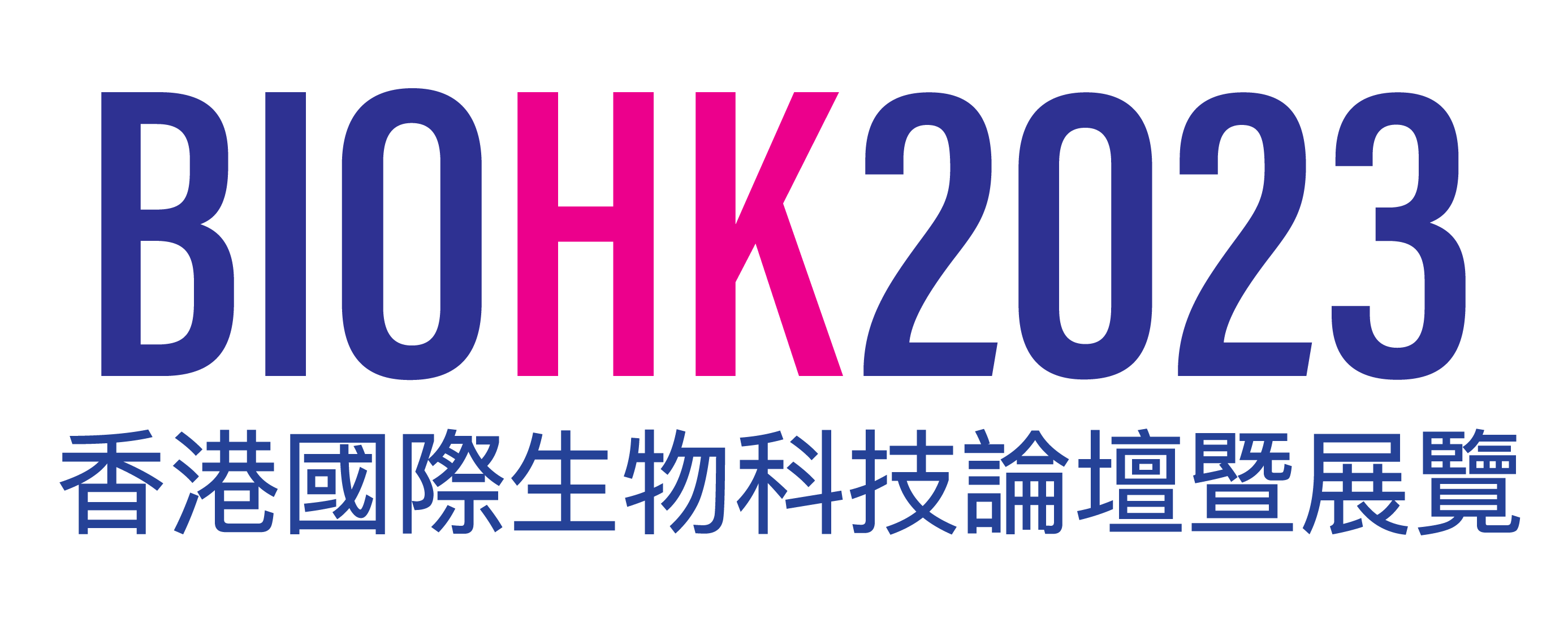Professor SUGIYAMA Haruo, MD, PhD
- Professor, Graduate School of Medicine, Osaka University
Haruo Sugiyama graduated from Osaka University School of Medicine (M.D.) and received Ph.D. degree from Osaka University in tumor virology in 1979. Then, he moved to internal medicine and specialized in immunology and hematology. He was appointed Professor, Osaka University Graduate School of Medicine in 1995 and he is now appointed Specially Appointed Professor, Osaka University Graduate School of Medicine. He discovered that Wilms’ tumor gene 1 (WT1) overexpressed in almost all leukemia, and he invented WT1 mRNA assay, a clinical test that made it possible to detect only one leukemic cell in 100,000 peripheral blood mononuclear cells in 1994. This WT1 mRNA assay was covered by Japanese national health insurance for acute myeloid leukemia, acute lymphoid leukemia, and myelodysplastic syndrome (MDS), and by Chinese national health insurance for MDS. He was honored by Princess Takamatsu Cancer Research Fund Prize 2011 by the achievement of this invention. Furthermore, he discovered that WT1 overexpressed in not only leukemia but also almost all kinds of solid tumors, and he discovered that WT1 protein was a ubiquitous tumor-associated antigen (TAA) for leukemia and almost all kinds of solid tumors. And he invented WT1 peptide cancer vaccine, and he began for the first time (First – in – Human) a phaseⅠclinical study of WT1 peptide cancer vaccine in 2002. National Cancer Institute, USA evaluated 75 popular tumor-associated antigens (TAAs) for the clinical utility, and ranked WT1 antigen as the top among the 75 TAAs in 2009. He and pharmaceutical companies are conducting many clinical studies of WT1 cancer vaccine to obtain the pharmaceutical affairs approval. Until today, over 14,000 patients with leukemia or many kinds of solid tumors were treated with WT1 cancer vaccine, including WT1 peptide vaccine and WT1 dendritic cell vaccine. Importantly, there is no WT1 vaccine- related death, and therefore, WT1 cancer vaccine is very safe. He is also trying to develop the WT1 cancer prevention vaccine for the hereditary cancer such as hereditary breast and ovary cancer syndrome and familial adenomatous polyposis caused by the mutation of tumor suppressor genes, BRCA1/2 and APC, respectively. He was honored by IAAM Innovation Award 2022 by the achievement of the development of WT1 cancer vaccine.


